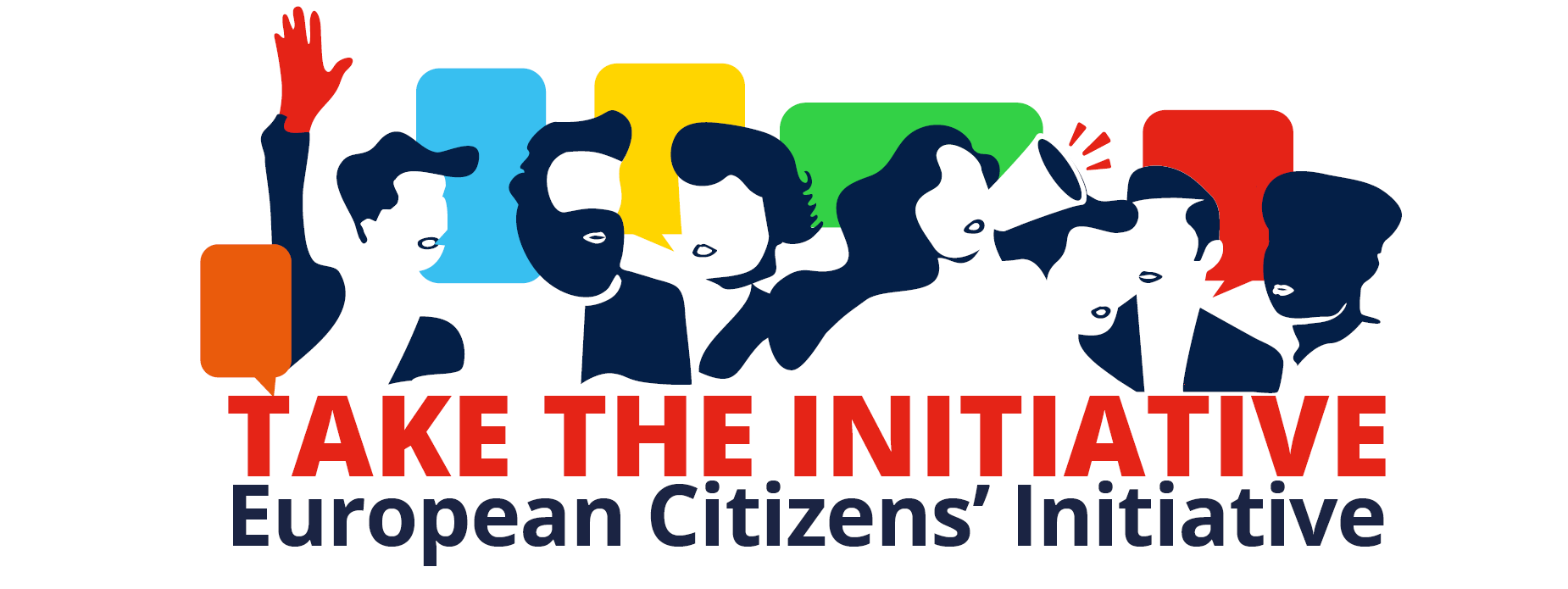
On March 4 2019, the European Commission decided to register the European Citizens’ Initiative (ECI) entitled ‘Europe CARES – Inclusive Quality Education for Children with Disabilities’, proposed by the Citizens’ Committee “EUROPE CARES” to ensure the right to inclusive education of children and adults with disabilities within the European Union. This starts a one-year process of collection of signatures of support by its organisers.
EUROPE CARES call on the Commission to draft a bill on a common EU framework of inclusive education, which will ensure that no child is left behind when it comes to early intervention services, education and transition towards the labor market.
Over 70 million EU citizens have a disability and 15 million children have special educational needs. Children and adults with disabilities are facing excessive barriers in exercising their right to quality inclusive education. Many are placed in segregated institutions and those in mainstream educational settings often receive inadequate support, according to EUROPE CARES.
Both fundamental treaties of the European Union provide a generous basis for developing a common and unitary legal framework on inclusive education, with the European Union being “DETERMINED to promote the development of the highest possible level of knowledge for their peoples through a wide access to education and through its continuous updating”.
The initiative should receive one million statements of support within one year, from at least seven different Member States, the Commission will analyse it and react within three months. The Commission can decide either to follow the request or not, and in both instances, they must explain their decision.
The European Citizens’ Initiatives
ECIs were introduced with the Lisbon Treaty and launched as an agenda-setting tool in the hands of citizens in April 2012, upon the entry into force of the ECI Regulation which implements the Treaty provisions. Once formally registered, an ECI allows one million citizens from at least one quarter of EU Member States to invite the European Commission to propose a legal act in areas where the Commission has the power to do so.
The conditions for admissibility are that the proposed action does not manifestly fall outside the framework of the Commission’s powers to submit a proposal for a legal act, that it is not manifestly abusive, frivolous or vexatious and that it is not manifestly contrary to the values of the Union.